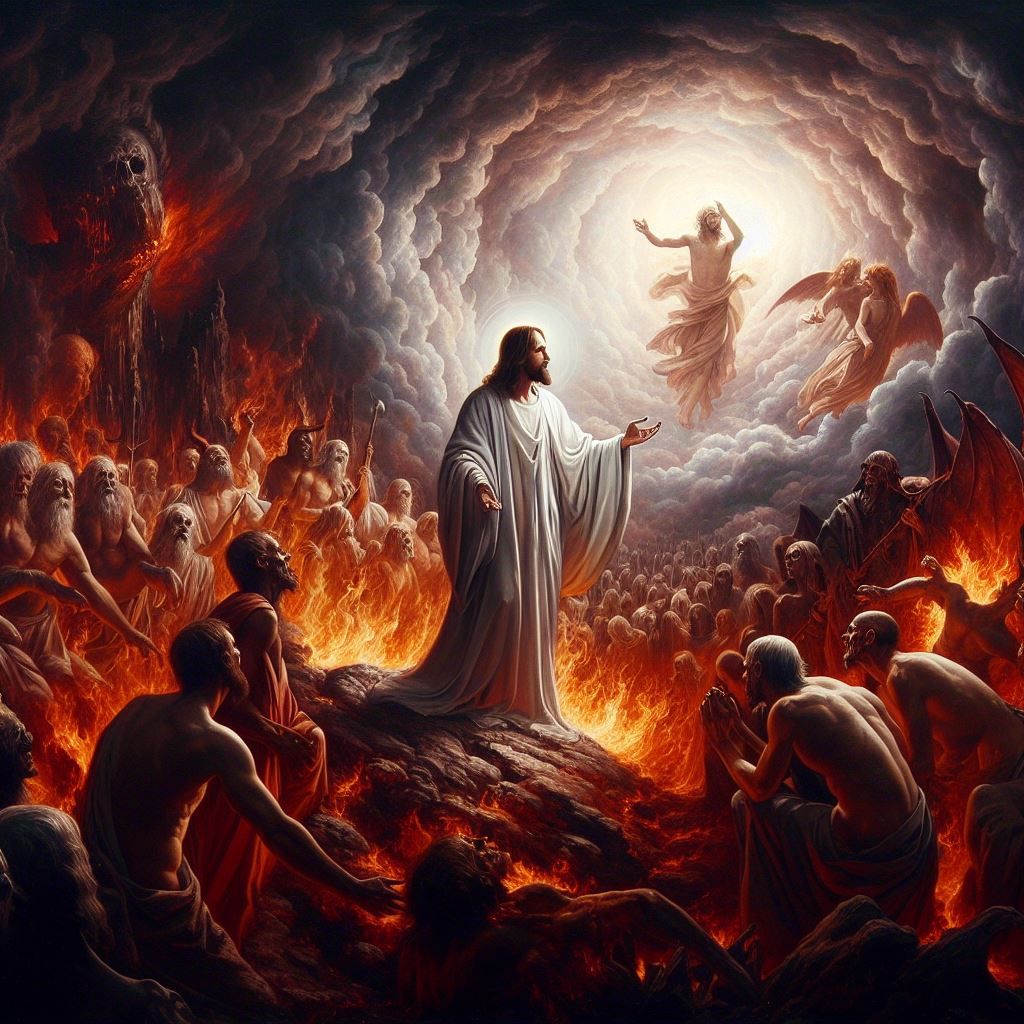Article
Did Ellen White instruct us to follow Uriah Smith's Daniel and the Revelation?
Ellen White endorsed Uriah Smith’s Daniel and the Revelation book. Does this mean that this book contains all the correct viewpoints? Let's address this elephant that seems to never leave the room.
Uriah Smith's Daniel and the Revelation book is one of the most recommended books for Seventh-day Adventists. Smith's in-depth verse-by-verse coverage of Daniel and Revelation makes it an easy choice for those who truly want to understand Bible prophecy. As a matter of fact, Smith's book remains one of my favorite books on prophecy even though I disagree with a number of his views. His book is one of the reasons I became interested in prophecy, and a copy of this book will always be a part of my library.
Unfortunately, there is a silent debate among Adventists regarding Uriah Smith's Daniel and the Revelation book. Should all his views be considered the official and only views of the Seventh-day Adventist Church? From his view of Turkey being the King of the North (also called the Eastern question), to the Daily being Paganism, to 666 representing Vicarius Filii Dei, Uriah Smith's views expressed in his book are popular among Adventists.* However, other views of prophecy have popped up among our church members, which have challenged many of the Daniel and Revelation author's views.
This divergence of views has some Historicalists and even some Traditionalists believing that the Church is moving away from sound Adventist theology. Others have suggested that a break from the views expressed in Daniel and the Revelation is flat-out apostasy!
Although I understand why many of our members hold Uriah Smith's writings near and dear, I also believe we as Seventh-day Adventists should try to be as balanced as possible regarding our approach to interpreting Bible prophecy—especially when clear and cut instructions are lacking from Inspiration.
Make no mistake—Ellen White was very fond of Uriah Smith’s Daniel and the Revelation. Here’s one of her most glowing statements in support of Smith’s book:
"The grand instruction contained in Daniel and Revelation has been eagerly perused by many in Australia. This book has been the means of bringing many precious souls to a knowledge of the truth. Everything that can be done should be done to circulate Thoughts on Daniel and the Revelation. I know of no other book that can take the place of this one. It is God’s helping hand."
While it’s important to know what Ellen White said about Smith’s book, it’s equally important to recognize what Ellen White did not say. In other words, Daniel and the Revelation is an important book, but nowhere does she suggest that every viewpoint made in the book is correct. Those who view Smith’s Daniel and the Revelation book in this manner are inadvertently viewing his book as an extension of Ellen White’s inspiration. This was not the meaning behind Ellen White’s glowing remarks of his book, nor should Adventists push this narrative in order to propagate their preferred views of Bible prophecy.
Those who place Smith’s book on an inspiration pedestal should see that Smith’s contemporaries did not see his book in this fashion. We know this to be true because when there was a controversy as to the meaning of the Daily, Ellen White made it clear what her position was:
I now ask that my ministering brethren shall not make use of my writings in their arguments regarding this question [“the daily”]; for I have had no instruction on the point under discussion, and I see no need for the controversy. Regarding this matter under present conditions, silence is eloquence. Selected Messages Vol 1 p. 164
Although the subject of the Daily was covered by Uriah Smith, notice that the brethren did not refer to Smith's writings for the meaning of the Daily. We should also notice that Ellen White did not refer them to Smith’s book for its meaning either. This reveals to us that during the time of the pioneers, Smith’s book had not been placed upon the inspiration pedestal that it is today.
As Seventh-day Adventists, we should do our best to take Ellen White at her word without embellishing or reading into the intent of those words. If she thought Uriah Smith's book was a means to bring souls to the truth, then accept her statement at face without conjecture. Daniel and the Revelation is a book that has led and continues to lead those to a knowledge of the truth. This reveals to us that truth is found in Smith's book but that doesn't mean everything in Smith's book is truth. Personally, I can attest to Ellen White's words. Reading Smith's book has given me a desire to study and has also led me to the truth.
Glowingly as her remarks are, we still should see that Ellen White is simply recommending Uriah Smith's book. However, we should also understand that Ellen White also recommended other books besides Daniel and the Revelation. Here are a few of her recommendations:
The Life of St. Paul by Conybeare and Howson, I regard as a book of great merit, and one of rare usefulness to the earnest student of the New Testament history. Signs of the Times, February 22, 1883
For those who can procure it, D'Aubigne's History of the Reformation will be both interesting and profitable. From this work we may gain some knowledge of what has been accomplished in the past in the great work of reform. Review and Herald, December 26, 1882
Although Ellen White's recommendations were not as forward as her recommendation of Smith's book, we should be able to understand that just because Ellen White expresses the importance of a book does not mean that she is placing her stamp of approval upon everything that's written in the book.
Therefore, I believe we should see Smith’s Daniel and the Revelation for what it is—an amazing book on prophecy that is called God’s helping hand, that should continue to be circulated to bring many precious souls to the truth.
*I have called them Uriah Smith's views although they may not have originated with him.
share this
Related Articles
Related Articles




